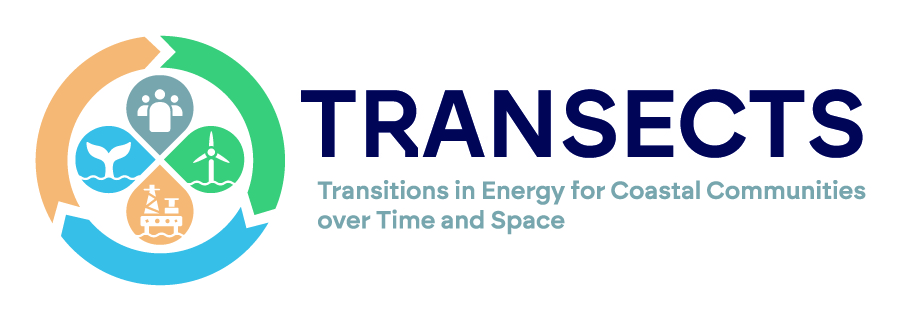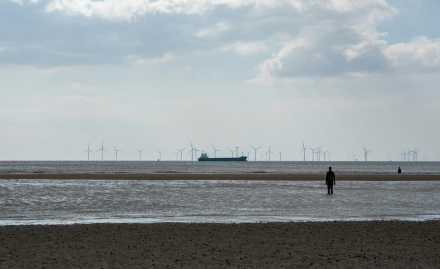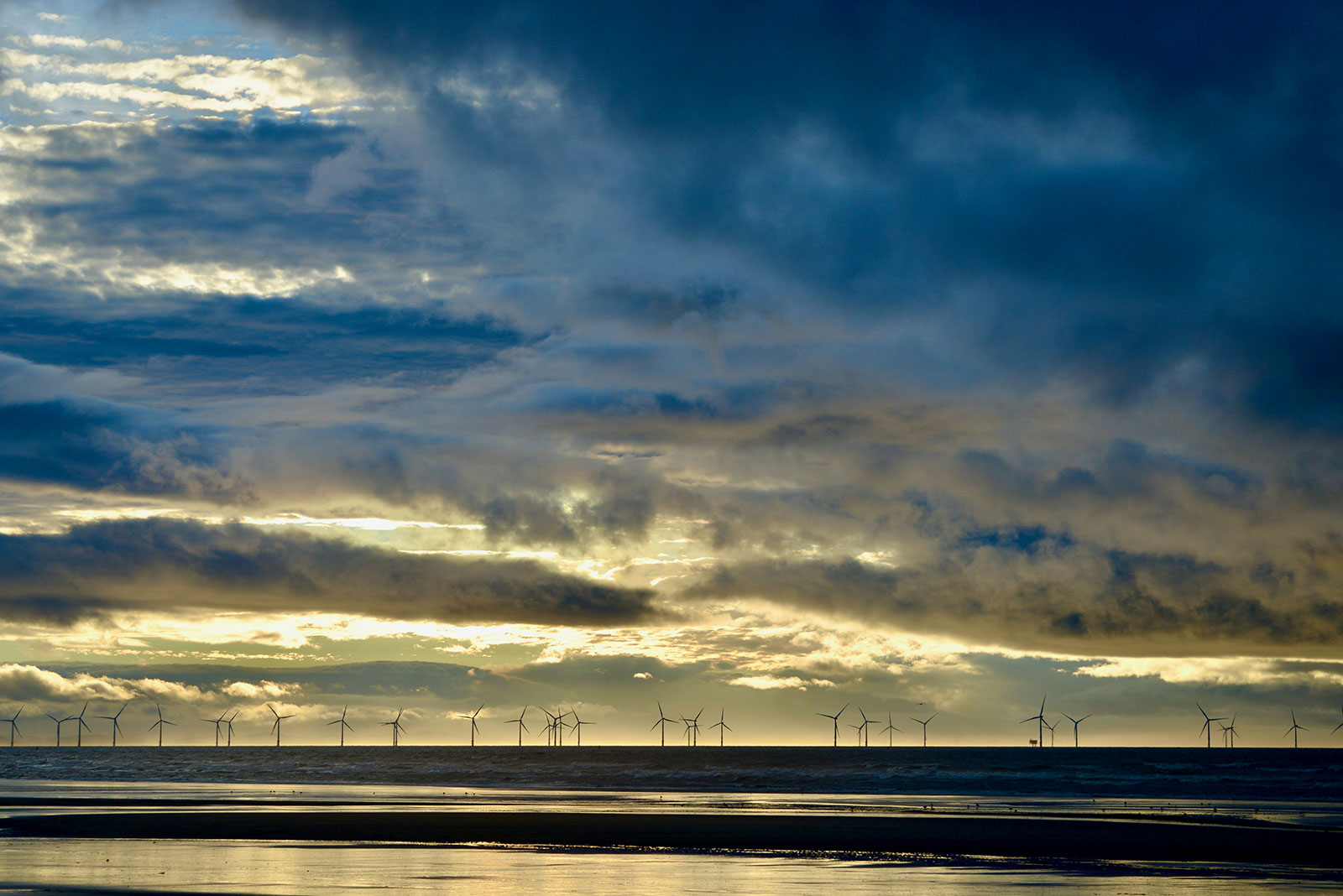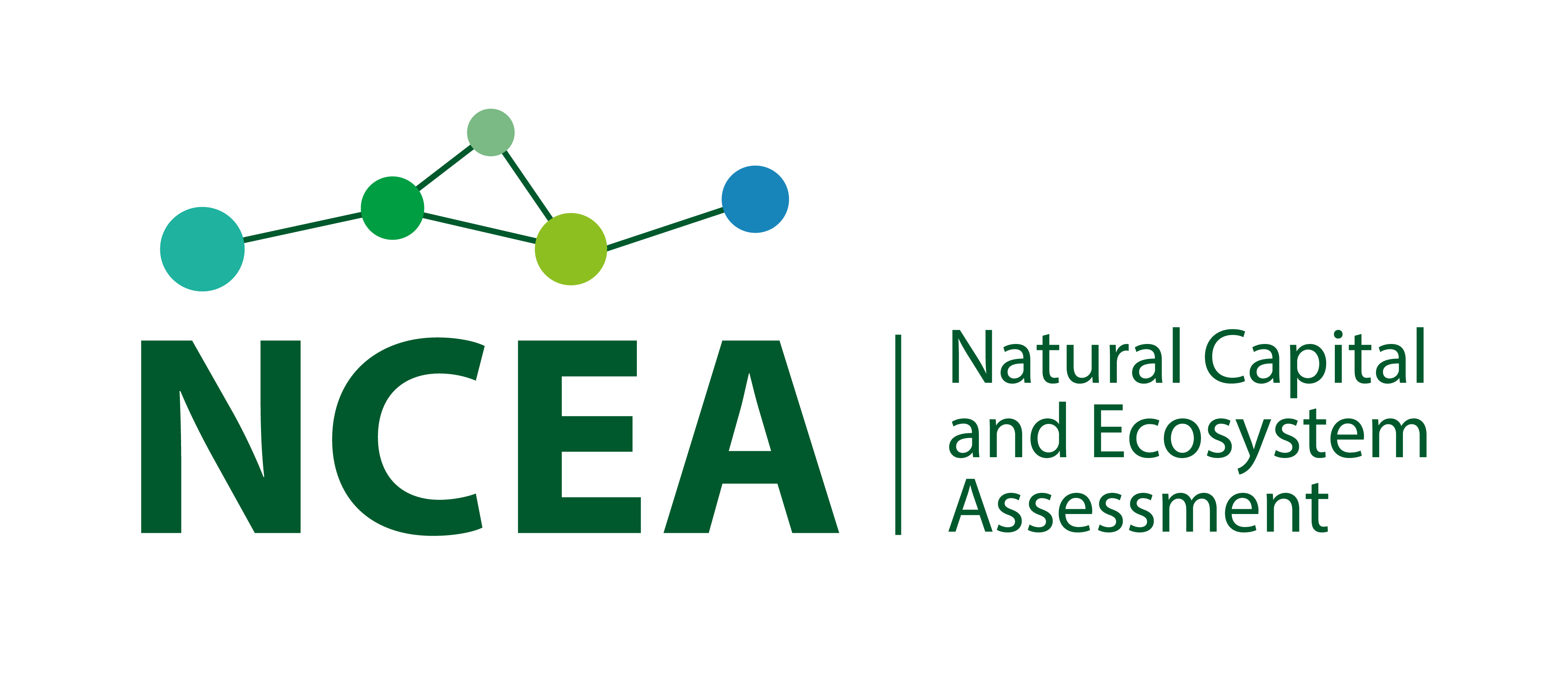
ABOUT THE PROJECT
TRANSECTS will use historical and current case studies to understand marine energy transitions and their impacts on the sustainability and resilience of coastal communities and adjacent seas. It will integrate creative methods with community dialogue and scientific research/expertise to enable communities to explore their roles and responses to energy transitions. Finally, it will establish a ‘theory of change’ for marine energy transitions which will assist coastal communities to improve social, economic and environmental sustainability and resilience, and transform decision-making.
PROJECT LEAD
Dr Karen Alexander
Associate Professor in Marine Governance and Blue Economy
Heriot-Watt University
Project duration:
1 Apr 2024 – 31 Mar 2028 (4 years)



Project Partners






Background
Historical cases demonstrate that marine energy transitions (METs) have generated profound environmental and socio-cultural change for the coastal communities. The UK’s transition to marine renewable energies is partially replacing our reliance on late Twentieth-century North Sea oil and gas, itself preceded by whale oil (for lighting, prior to coal in the 18th-19th centuries). These earlier METs transformed many of Britain’s coastal regions and TRANSECTS explores how they can inform the current transition. METs were often driven by technological developments and economic growth.


However, the exhaustion of natural capital resources (whale oil), or their imminent decline (North Sea oil and gas) present challenges to community sustainability (the balance between economic growth, social well-being, and environmental care) and resilience (adapting to change, adversity and new opportunities). Despite this, established analyses focus primarily on technical and economic assessments. They rarely address the environmental, sociocultural, and institutional actors and impacts; nor do they interrogate whether such transitions are just (i.e., how fair and inclusive they are for all parties concerned).
Our Approach
TRANSECTS assesses marine energy transitions (METs) in different UK regions: the Humber Estuary, the Orkney Islands, and east-coast Scotland. Each was, and remains, a key UK location that hosted and shaped lucrative marine energy resources, sending ships and men to the Arctic in the 18th and 19th centuries, and being key locations for North Sea oil and gas as well as primary locations for future UK marine renewable energies.
Yet these transitions have seldom been smooth. The stocks and flows of natural resources were, and continue to be, heavily impacted. The structural shifts generated fluctuating economic fortunes and, as marine industry declined, these regions were often left with economic challenges, marginalisation and (often hidden) deprivation when energy production moved elsewhere. TRANSECTS will look to the past to identify how future METs can strengthen coastal community resilience whilst also being just and equitable.
TRANSECTS takes a natural capital approach (considering value and change over time of species and habitats) to ensure that society’s dependence on natural resources for energy is considered when assessing the impacts of METs. The project ‘re-peoples the past’ by integrating arts and humanities methods to articulate how communities understand and interpret these macro processes as they impact at their local scale.
Given that METs inevitably produce and perpetuate winners and losers, TRANSECTS will employ a ‘just transition’ lens to investigate the fairness and equity (or not) of decisions made during energy production shifts to address the myriad, shifting effects of METs upon coastal regions in regard to disproportionate burden of energy externalities, access to energy transition opportunities, and opportunities to build adaptive capacity. The project will also assist communities to develop strategies to enable future METs that increase the resilience of coastal and marine ecosystems and the communities that depend on them.













